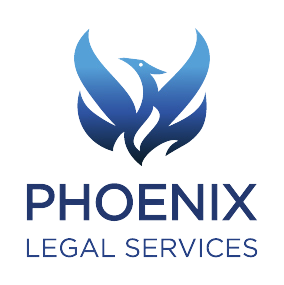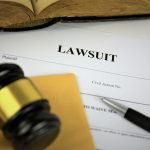It is important for solicitors who undertake advocacy at Court to consider whether they are allowed to claim for travel under FAS. The first consideration to be made is to distinguish between exceptional travel, travel mileage and travel disbursements.
Normally, travel to, and from, Court is considered to be contained within the FAS fee unless this is exceptional. If exceptional, it will be claimed as a bolt-on under the FAS scheme. Section 7.154 of the 2018 Standard Civil Contract specify that the exceptional travel fee is payable where the journey from the advocate’s office to the Court exceeds 25 miles each way. The distance is calculated considering the most direct route. Furthermore, if the advocate attended an Interim Hearing or a Final Hearing which lasts for more than one day, it is possible to claim the exceptional travel bolt-on for each day of the hearing, provided that the solicitor does not claim for accommodation costs as a disbursement in respect of the hearing. Therefore, under FAS it is not possible to claim travel time, as this is reflected by the bolt-on fee.
It is worth noting that such bolt-on is not showing as a tick box on the FAS form, therefore it is up to the solicitor to claim the exceptional travel bolt-on or for the costs draftsman to infer based on the location of the advocate’s office and the Court at which the advocate attended.
Where the travel is exceptional under FAS, solicitors can additionally claim their mileage. The standard mileage rate is at 45p per mile. For example, if the solicitor’s journey is 30 miles each way, it is possible to claim the bolt-on for exceptional travel at FAS plus £27 (plus VAT) for the mileage (calculated by multiplying 60 miles @ 45p per mile). It is essential for the mileage to be detailed, i.e. the solicitor has to indicate the post codes of the start and end point of the journey, as this will be considered when assessing the claim.
Travel disbursements need to be mentioned separately. These are not included in FAS and may be claimed in addition to payments made under the scheme. They include any costs the solicitor advocate incurs to attend a hearing or advocates’ meeting and can be claimed irrespective of whether the travel is going to be exceptional or not. It is worth noting that, under s 3.1 of the Costs Assessment Guidance, incurred disbursements need to be reasonable and proportionate. S.3.3 tells us that the reasonableness test is based on the view/knowledge of the reasonably competent fee earner at the time the disbursement was incurred. Hindsight should not be used. For example, the use of a taxi to travel to, and from, Court may be reasonable in areas where there is no public transport available or whether this will make the travel time excessively longer.
Each disbursement which value is equal or above £20 must be evidenced via a disbursement voucher or a receipt.
Finally, it is worth mentioning the “local travel” rule. Paragraph 5.22(3) of the Practice Direction to Rule 47.6 CPR states that local travel expenses incurred by legal representatives will not be allowed on assessment unless there is a specific reason for allowing them. It is generally accepted that local travel to court is within 10 miles per way. This rule does only apply to travel to Court and not to other journeys, such as travelling to attend the client. If the travel is under 10 miles each way, it is still possible to claim travel time at the appropriate hourly rate for travel. Disbursements incurred as a result of journeys to court of less than 10 miles, such as mileage, train or bus tickets, taxi fare etc., are not remunerable. However, parking costs fall outside the exclusion and are payable, if claimed under a public funding certificate issued from 1st September 2014 onwards.








